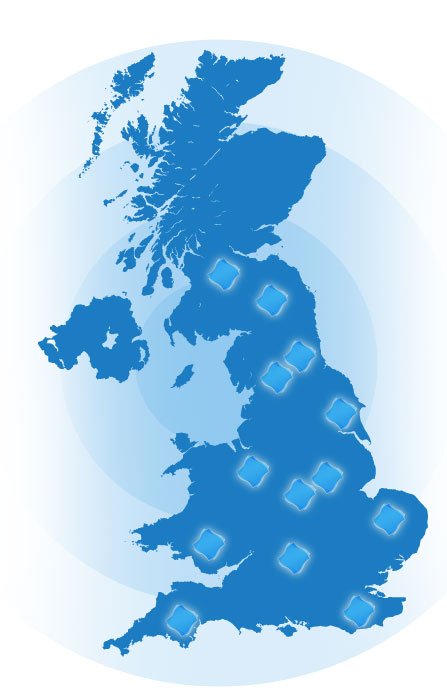Having recently been on holiday to the Greek Islands, I witnessed an event where a very slow response could have had life threatening consequences. My wife and her friend found a French lady struggling to move from her sunbed and clearly in a state of distress. They immediately requested staff to call for assistance as they tended to the lady and her young grandchild.
What followed was remarkable. A large group gathered and waited for first aid support and for the doctor to arrive. The doctor took over 30 minutes to arrive and concluded the lady had probably had a stroke and therefore suggested she should not be given any fluids. A further 60-70 minutes later an ambulance arrived and had to take her to the nearest hospital which was an hour’s drive away.
My wife and her friend had continued to help and provide information on how they had found the lady to various medical staff and concluded that you wouldn’t want to fall seriously ill when in Greece. We found out the following day that the hospital had let the lady out after 24 hours monitoring and that the problem was a lack of fluid intake causing heat exhaustion. It must have been a very frightening time for her family based upon the initial diagnosis from the doctor.
What it made me think about is how well is your business prepared to respond to such an ill health event or maybe a heart attack at your workplace? I’m sure as most businesses do you will have trained first aid personnel; but beyond supplying a first aid kit and maybe a first aid room what else does your business do? Talking to first aid trained staff, it’s often said that the less they practice what they have learnt the more likely they will forget what needs to be done beyond the basics. The challenge for any business is to stay prepared and this may mean providing refresher training session periodically or giving first aiders the chance to practice their skills.
A key feature of first aid preparedness is to ensure you have undertaken a risk assessment of what you need to provide to cover all relevant emergency situations. Many public amenities now have access to defibrillators; this is because medical evidence identifies the importance of responding quickly. Has your business thought about the time it would take to get medical assistance and the consequences of any time delays? It’s not the sort of question you want to answer after someone has had a heart attack so why not check how well prepared your business is!

